|
Eyes Wide Shut opened at the Venice Film Festival and was the last film I saw in England before I moved to Italy in 1999. I saw it again in a packed house in Italy in Italian. As the posthumous last film of Stanley Kubrick it carried a weight of expectation and the casting of Tom Cruise and Nicole Kidman, the power couple of the nineties, excited whole demographics. Rumours about the film's scandalous sex scenes, from orgies to necrophilia according to some reports, also raised temperatures among audiences and critics alike. How could we not be disappointed? How could we not be more wrong?
2 Comments
Full Metal Jacket has the dubious honour of being the first 18 certificate film I saw at the cinema. I was fifteen years old and already a huge Kubrick fan. I remember the screening well, because it felt dangerous. The film had the feeling that something horrible could happen at any moment. Perhaps the cinema manager would realize a fraud had been perpetrated and I would be unceremoniously tossed out onto the street.
Approaching The Shining is daunting. Of all Kubrick's films, it is the most discussed. 2001 and Dr Strangelove, discussion feels redundant. A Clockwork Orange gets jammed in its controversies; Barry Lyndon is safely rehabilitated as the hidden masterpiece. But The Shining has an enigmatic pull which forces viewers - including me - to come back to it again and again. And so here we are at the Overlook once more.
Barry Lyndon is Stanley Kubrick's tenth feature film. It came after a series of magnificent successes capped by the the trauma of A Clockwork Orange, a film that Kubrick withdrew from distribution in England after death threats. The handsome adaptation of William Thackery's lesser known novel was greeted with praise for its technical accomplishments, but the film did not enter into the intellectual conversation of the time the way his previous three films had, nor did it win over large audiences, who perhaps not surprisingly preferred the more bite-sized Jaws.
A Clockwork Orange is what happens when a master filmmaker decides to deliberately make an ugly film. Following the ecstatic star journey of 2001, we come down to Earth with a thudding bump which is traumatic, at times hilarious and something utterly different.
I have a relationship with 2001: a Space Odyssey. It was the first film I really booked on TV to see. As a kid I was going to my uncle and aunt's for a visit one Christmas and I must have been 8 or 9 and I still said I have to watch this: it's on TV, I'd circled it in the Christmas Radio Times and they left me alone in a room to see it one afternoon on BBC2. I'd already half seen it at home the year before, but somehow I hadn't seen it. Or at least not all of it. So I watched it again. But not all of it. And it was the first VHS I bought. I actually got up a collection (unsuccessfully) on the school bus so I could afford to buy but in the end I bought it at ASDA with mainly my own money. A terrible MGM classic pan and scan. And finally I watched it, but you know, the edges were cut off. But despite all of this the film stood as the height of cinema. This was the film that introduced me to taking cinema seriously and Kubrick in particular.
Stanley KuBlog 7: Dr Strangelove (or How I Stopped Worrying and Learned to Love the Bomb)11/11/2019 Dr Strangelove is damned near perfect. Hell it simply is perfect. From the title with its death wish Nazi sentiment matched with the breezy optimism of a self-help book - How to Win Friends and Influence People pops to mind - to the final evocation of annihilation over Vera Lynn's We'll Meet Again, the film makes courageous original fiendishly clever decisions again and again and again. It stands as the best artistic response to both the Cold War and the threat of nuclear war while at the same time managing to achieve that rarest of things: a genuinely funny Hollywood comedy.
Lolita is an odd film but is a first for Kubrick. His first non-genre film, the adaptation of Vladimir Nabokov's 1955 novel, tells the story of a literature lecturer Humbert Humbert (James Mason), who falls in love with Dolores Haze AKA Lolita (Sue Lyons), a fourteen year old school girl who lives in the house where he lodges.
The difficulty of Spartacus is that for Kubrick it was definitely a promotion but at the same time also a demotion. The budget was bigger, the cast as well and this was by far the most ambitious film he had ever attempted - perhaps would ever attempt in terms of logistics - it literally had a cast of thousands. But at the same time, he was a hired director. He hadn't developed the work - it was the baby of the film's star Kirk Douglas - and some of the footage in the finished film wasn't even his. Director Anthony Mann had been feared early on and Kubrick brought in to replace him. So how was this really a Stanley Kubrick film at all?
Stanley Kubrick's fourth feature film Paths of Glory is his first to establish him as the complete product. This is the first of his movies where we stop spotting traces of the genius to come and see his first fully fledged Kubrickian masterpiece.
|
AuthorJohn Bleasdale is a writer. His work has appeared in The Guardian, The Independent, Il Manifesto, as well as CineVue.Com and theStudioExec.com. He has also written a number of plays, screenplays and novels. Archives
March 2020
Categories |
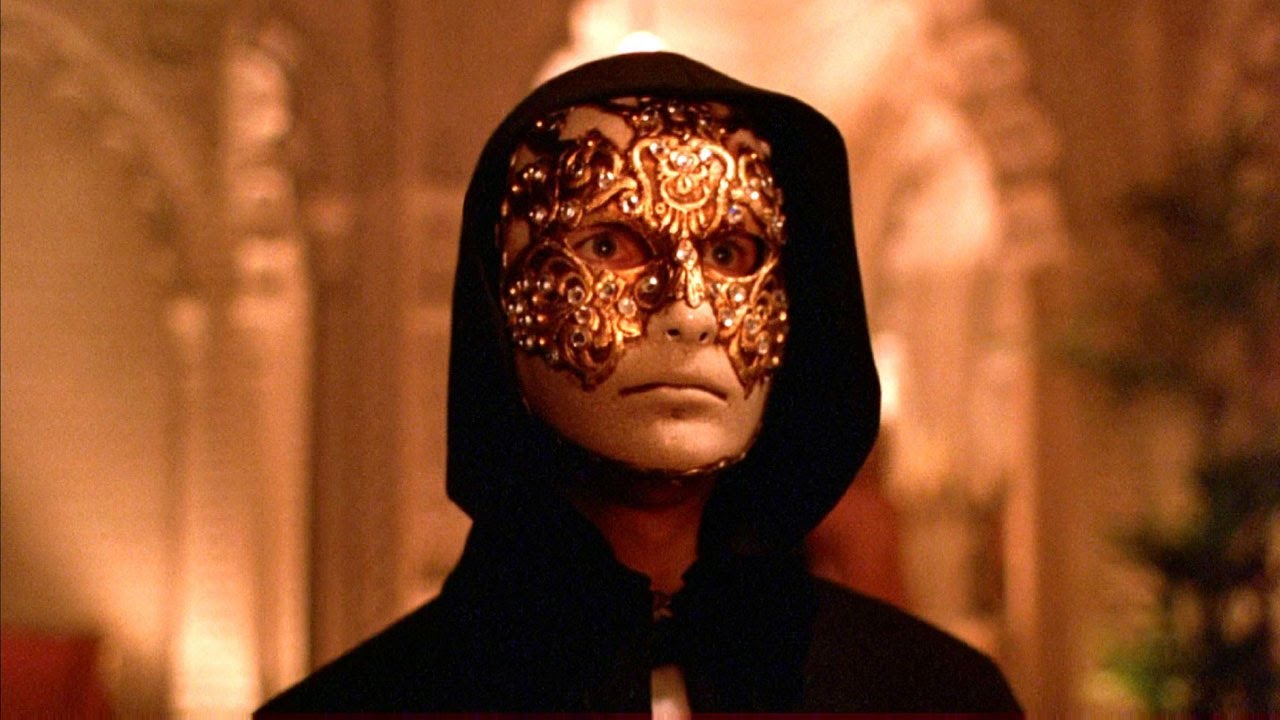
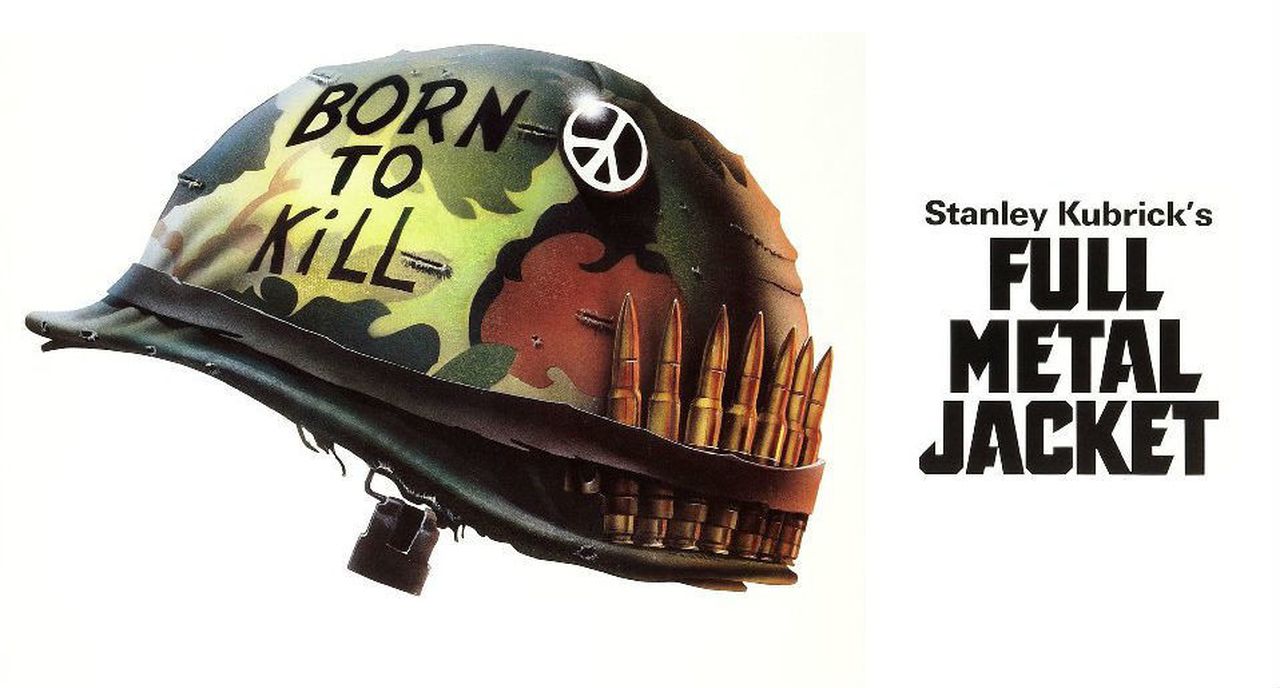
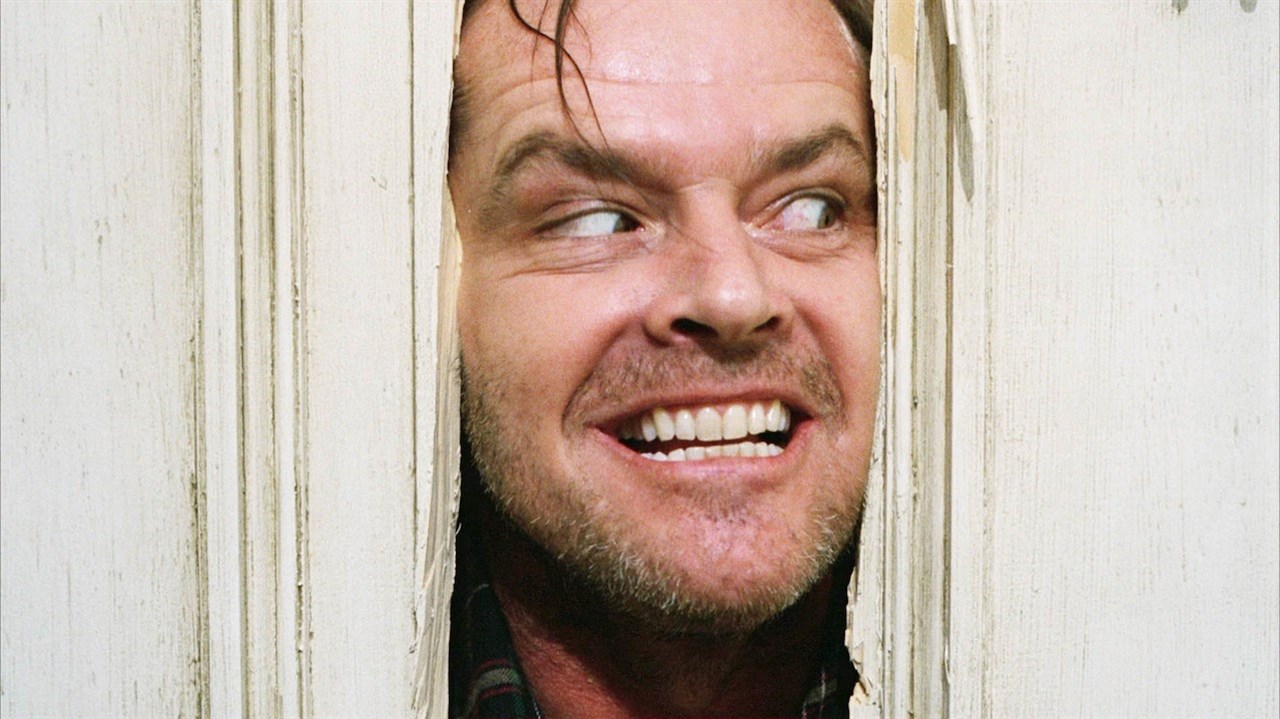
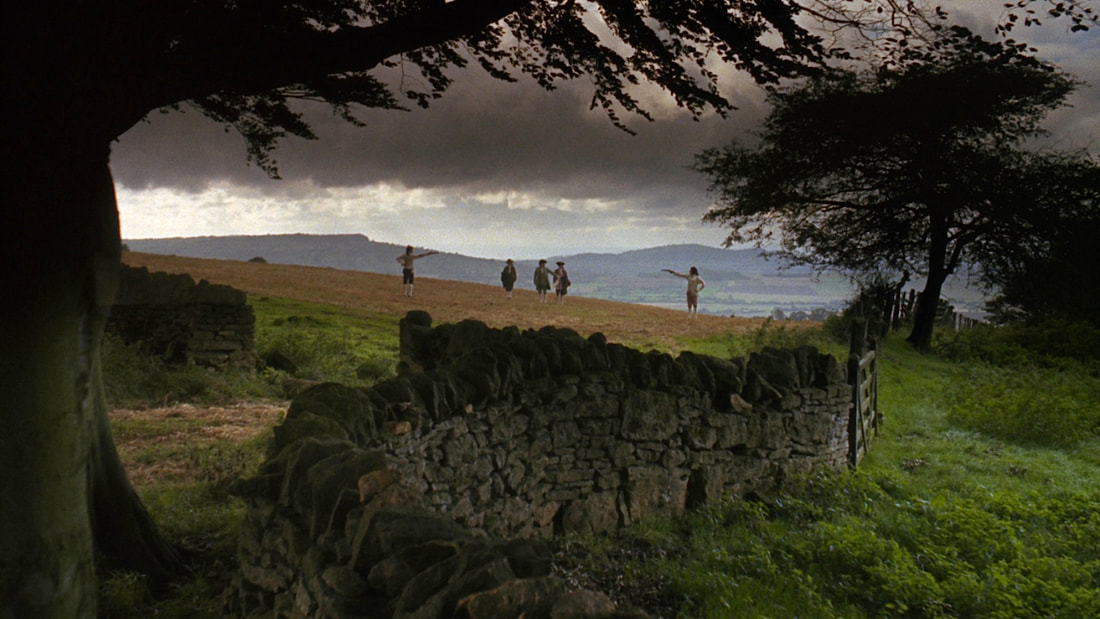
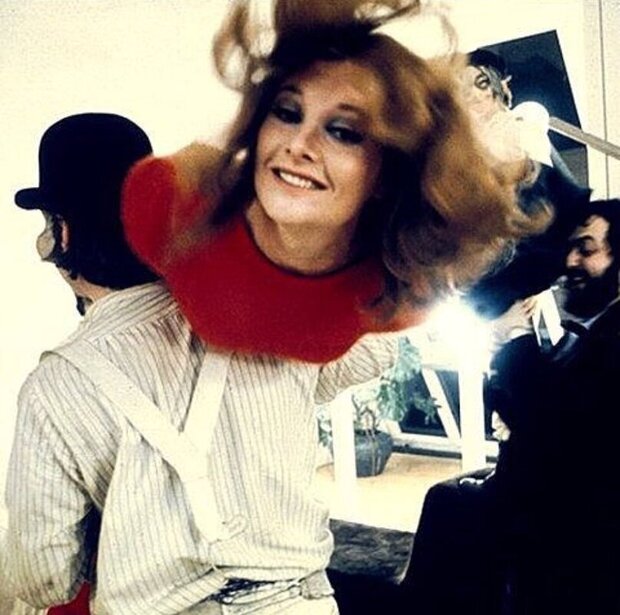
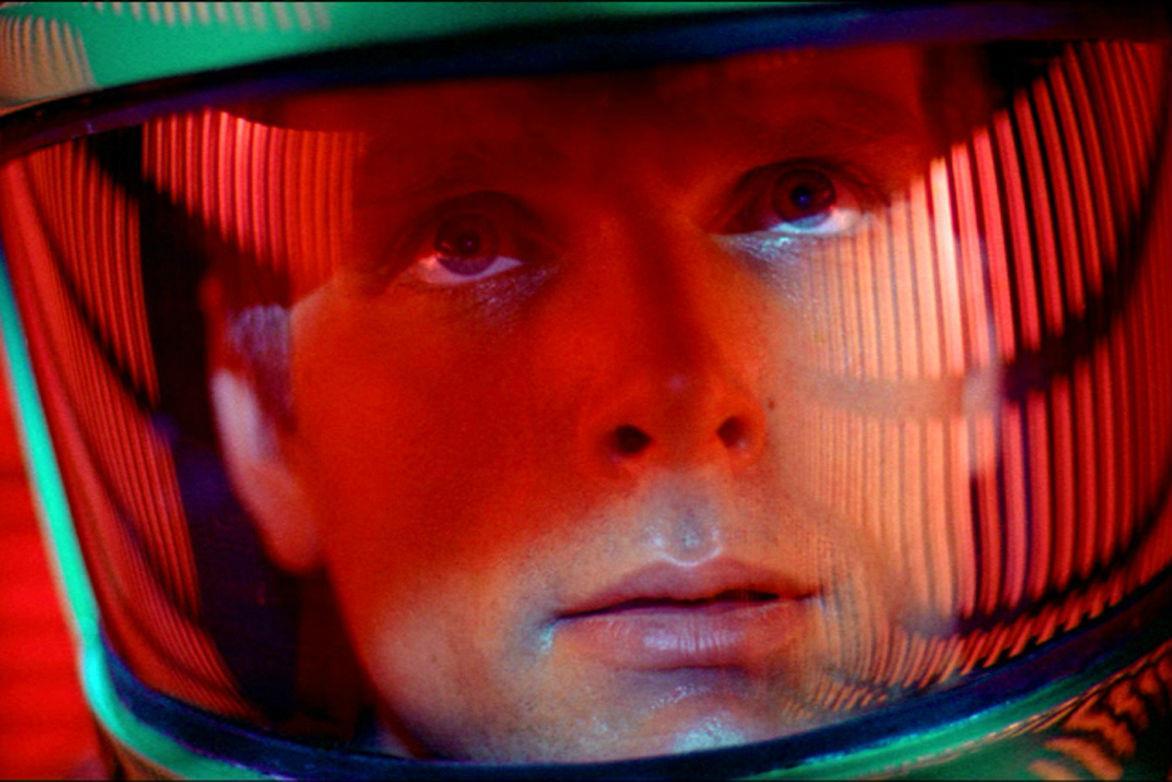
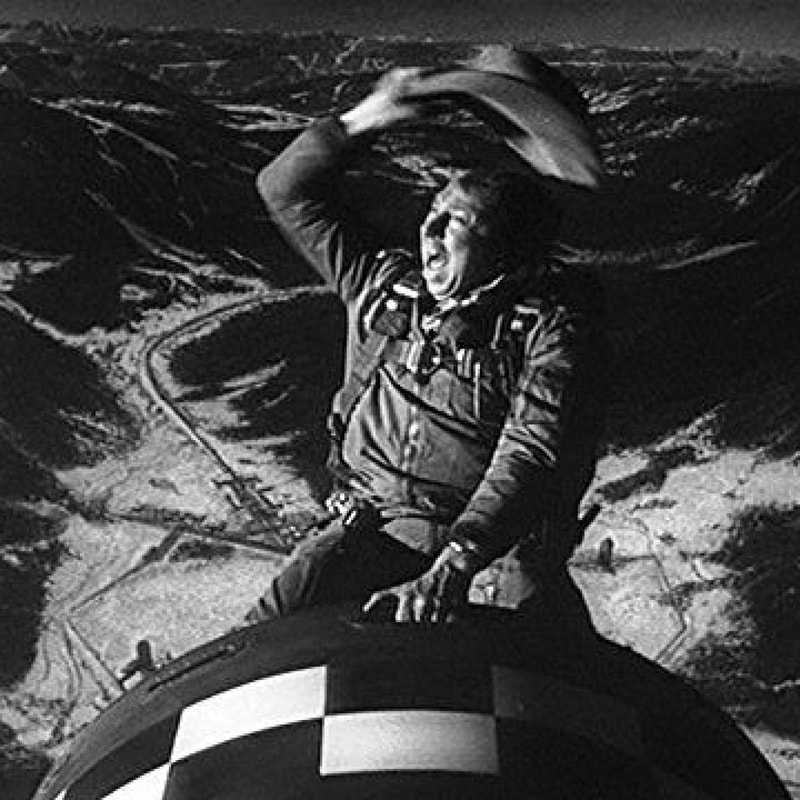
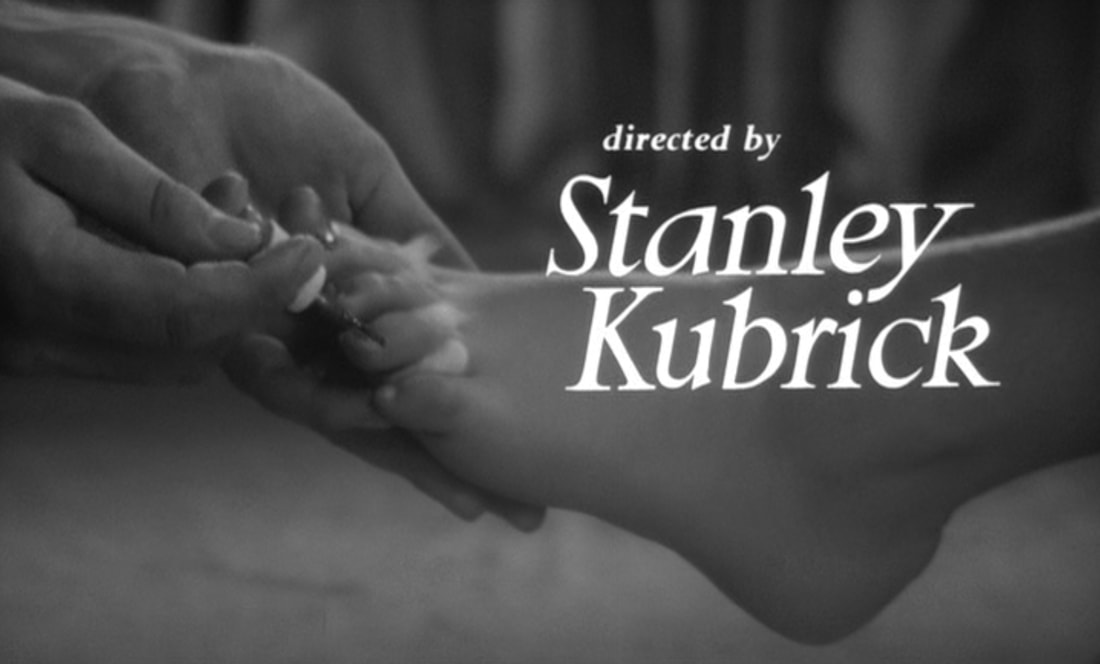
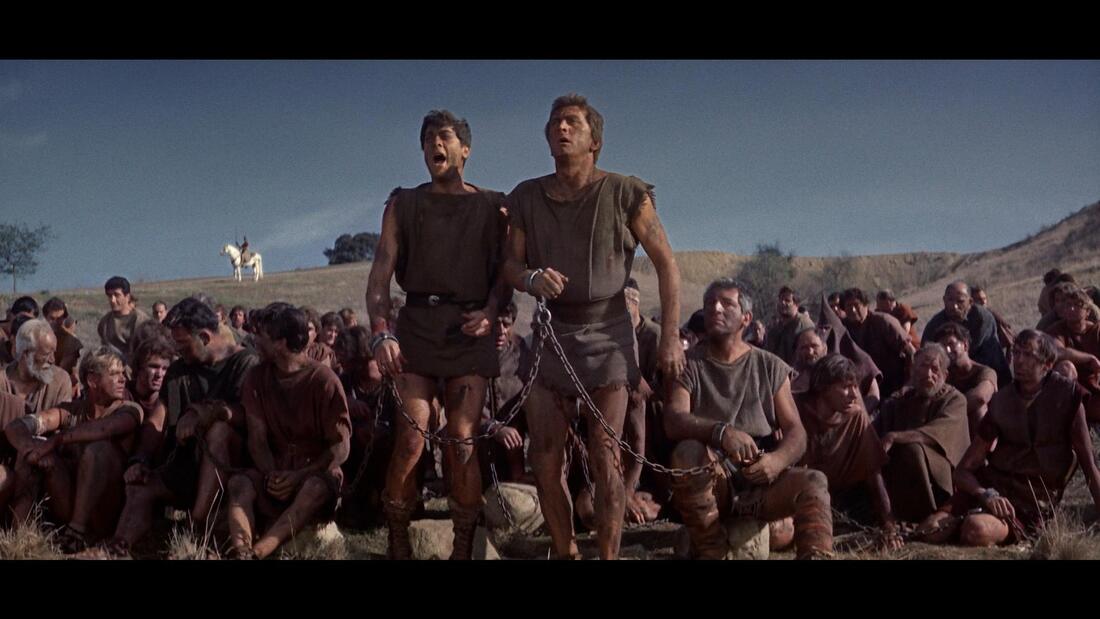
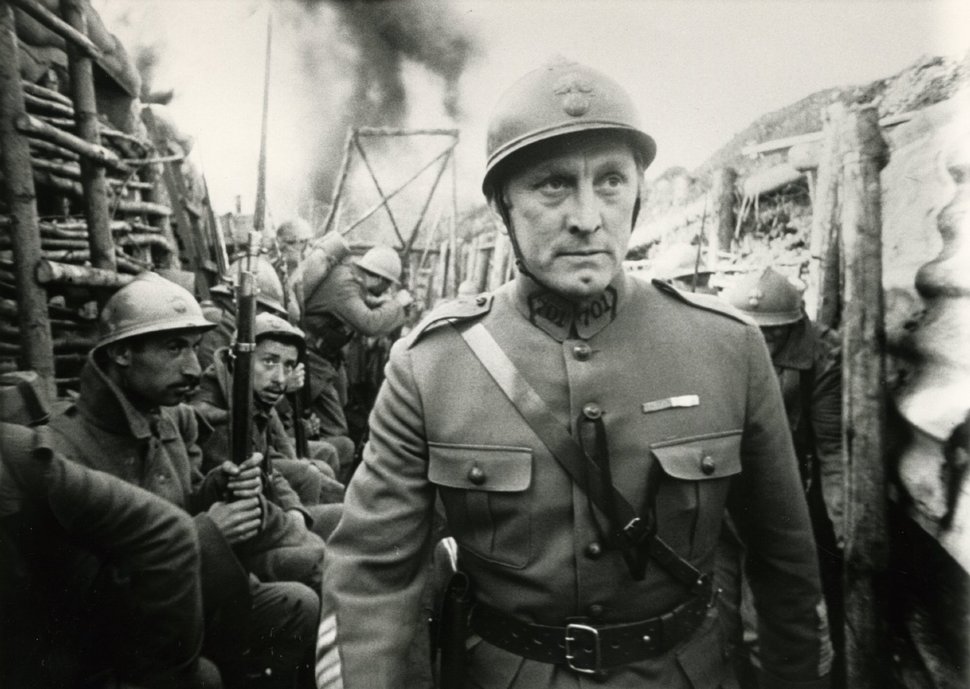
 RSS Feed
RSS Feed
